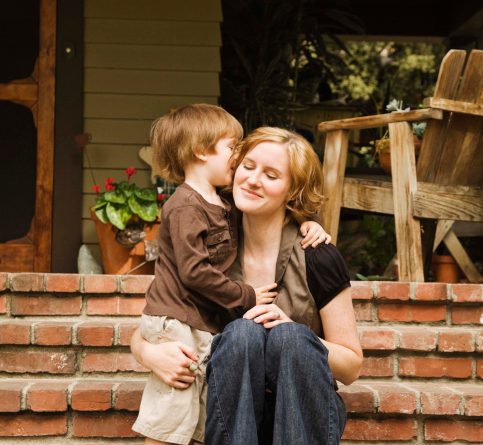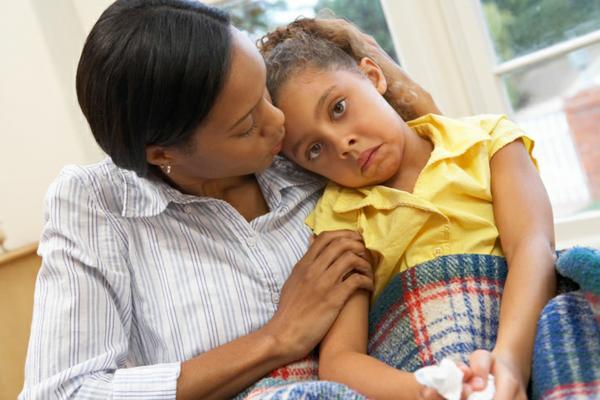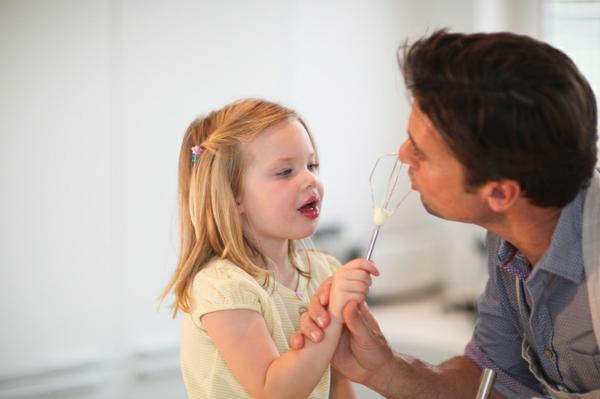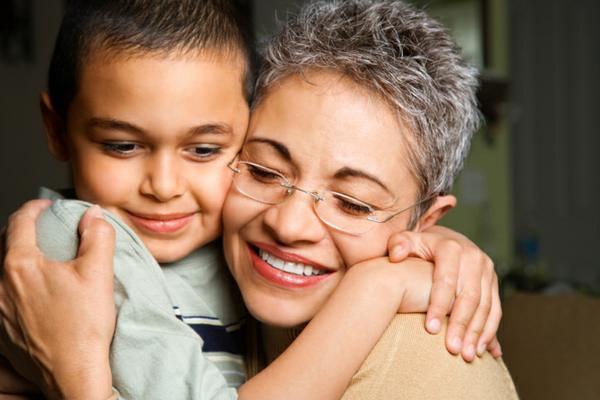What it Really Takes to Raise Emotionally Healthy Families Series- Day 14
Principle 5: Parental interpretation of behaviors comes from both a conscious and subconscious place, resulting in positive or negative neurophysiologic feedback loops. When our child does something, literally anything, we parents make connections, both consciously and unconsciously, to things that happened in our past. Memory doesn’t work in a linear fashion; in our brain, something that happened this morning may not
Read More









